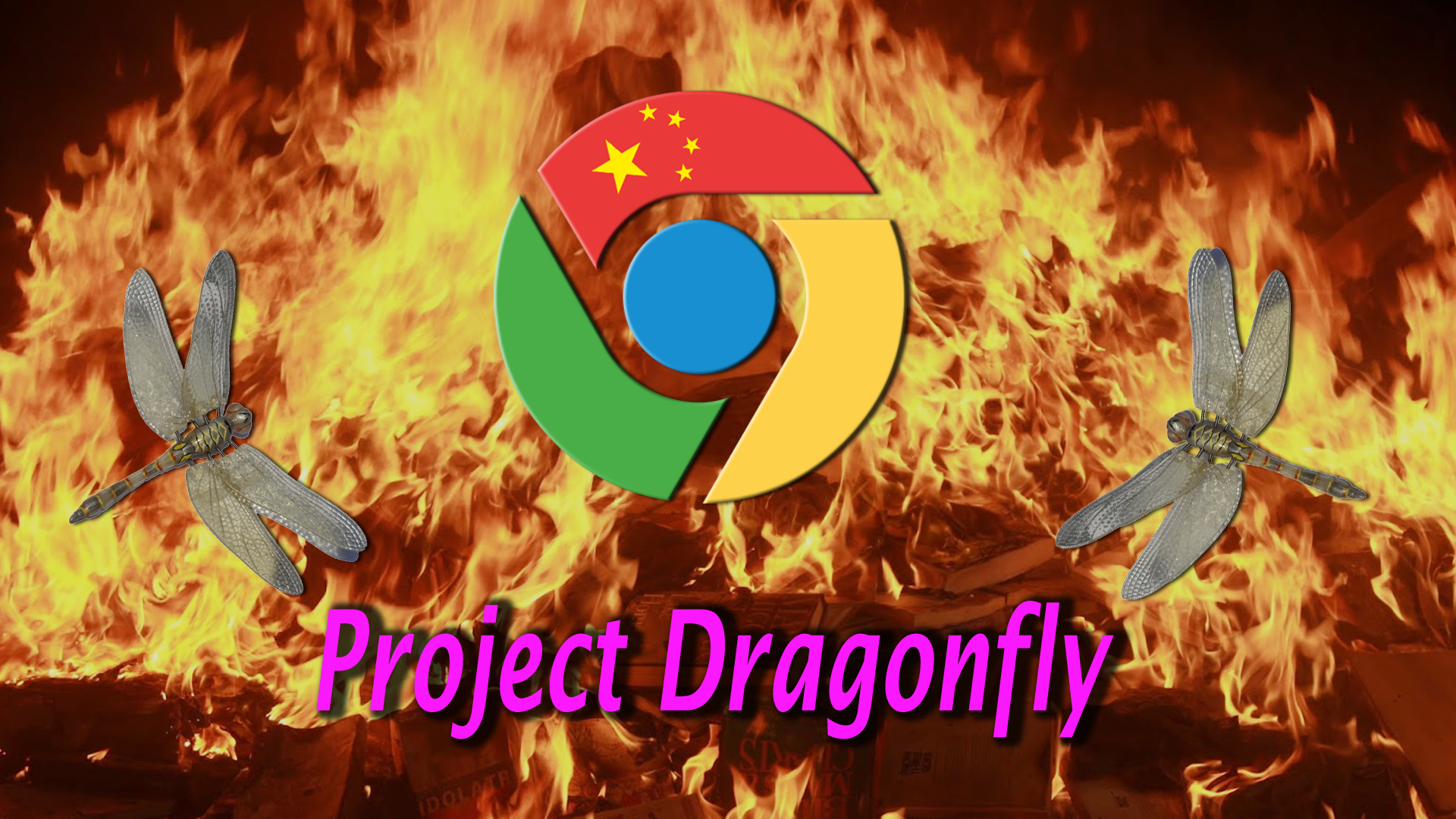Project Dragonfly, this codename is quickly becoming synonymous with censorship. In light of Google acquiescing to China’s demands for a censored internet it may be time to consider how valuable your clicks are.
Every time you click on a site that Google have illuminated for your viewing pleasure, Google get paid.
I remember designing a website for a time and attendance company back in the 90’s. This company requested a special search bar to be added on the sites main page, at the time it was for a search engine i had never heard of before; Google.
After using their search engine for a little while the difference from other searches was obvious. This was the driving force behind Google success, their product was better than the rest of the competition.
Today, there are many options out there if you need a search engine, browser development has never stopped moving forward. The only thing that seems to have changed are the morals behind the product.
We are no longer in the nineties. Google have monopoly and they are deciding how things are going to continue. A companies day to day goals should be towards the improvement of their service as a whole. If a companies immediate goals are not aligned with its users requirements that company usually fails within a very short time-span.
Google and China
Google preferred to pull out of the Chinese market in 2010 rather than submit to censorship.
So what changed? Why the sudden change of heart? Why remove the motto ‘Don’t be evil‘?
On the procurement/creation of new products, Larry Page (Creator and twice CEO of Google) would say: “Is it something you will use once or twice a day, and does it make your life better?”.
Why does a multinational corporation such as Google move on what seems to be a financial whim from this way of thinking to something insidious?
Does censorship make your life better Larry?
The blacklist cited by Beijing in the name of “social harmony” includes the Tiananmen Square massacre, Taiwanese independence, civil rights, democracy, governmental crackdowns in Tibet and Xinjiang, and a wide range of websites including Wikipedia, the New York Times, the BBC, Bloomberg News among others.
Ultimately, those in power fear the education of the populace, a little knowledge can be a dangerous thing so they say. How dangerous is it to allow the censorship of knowledge to prevail?
Since the creation of fire, technology has been beneficial in many ways. Technology gives buoyancy to the creative drive of humanity. It would be a shame if we allow something to keep us apart that was created to bring us together as a race.
